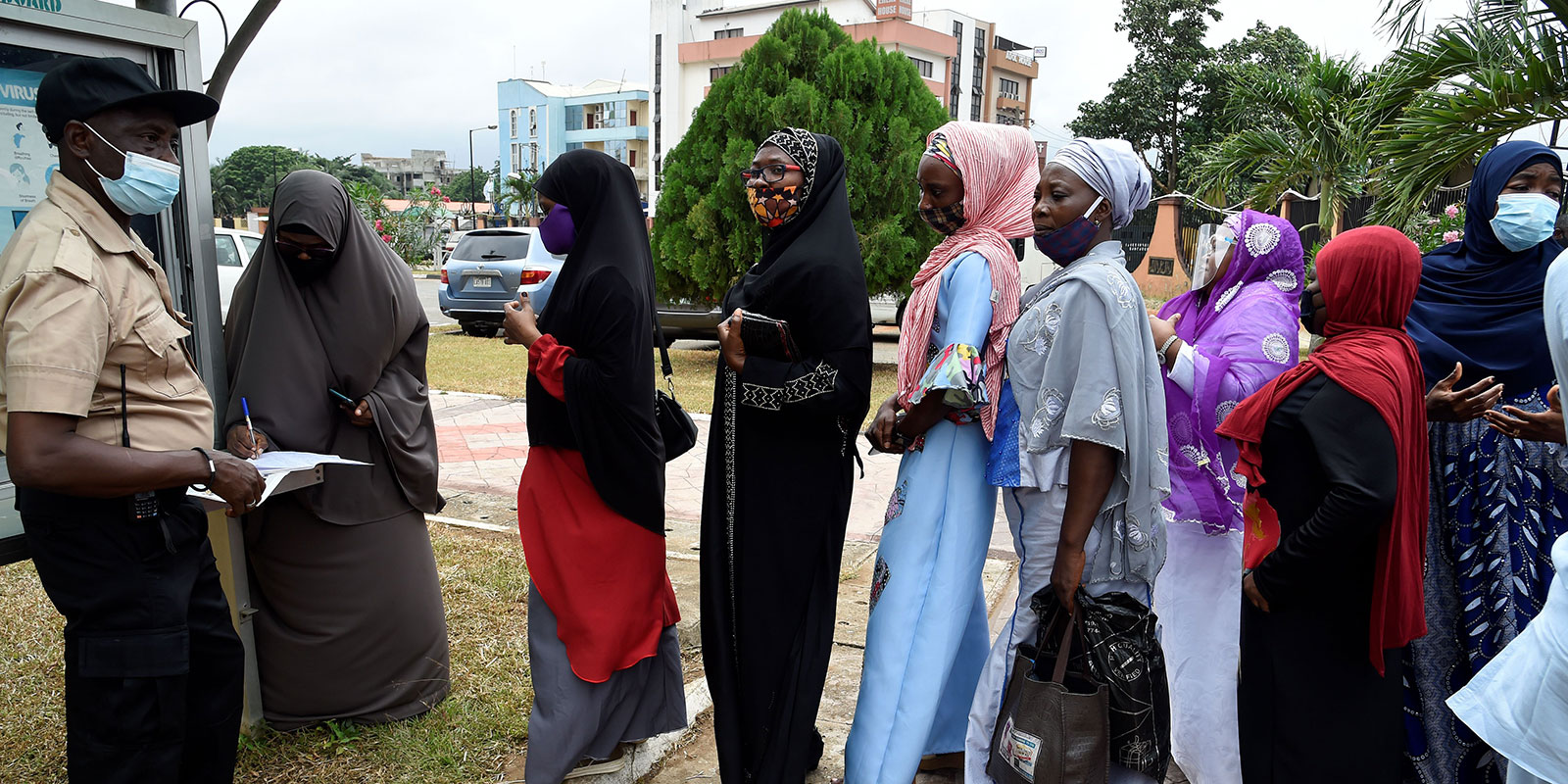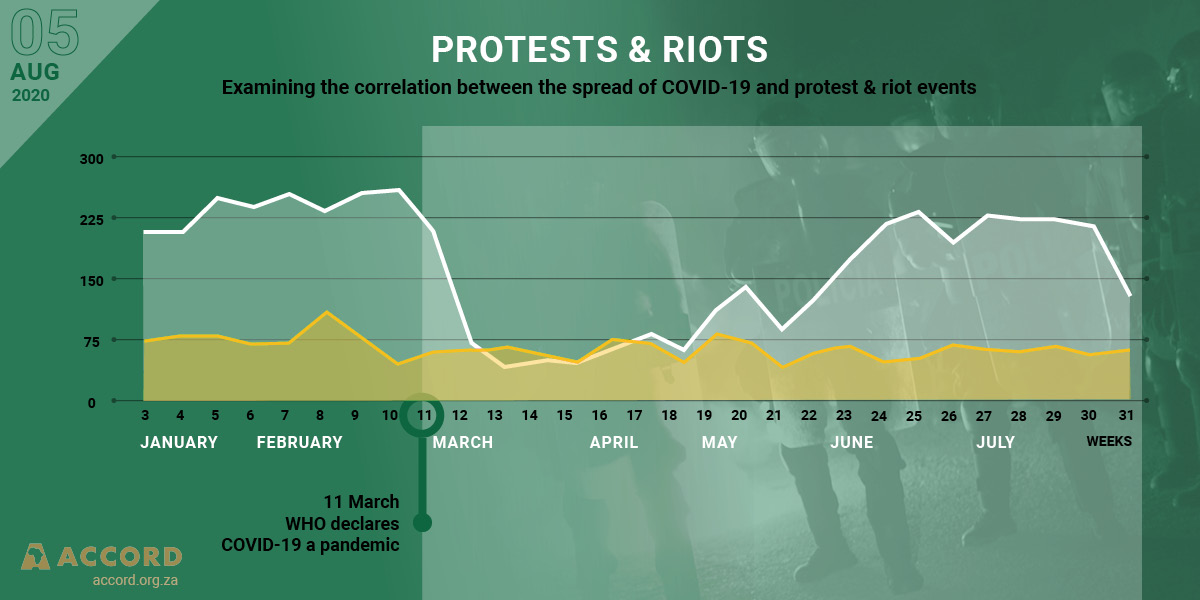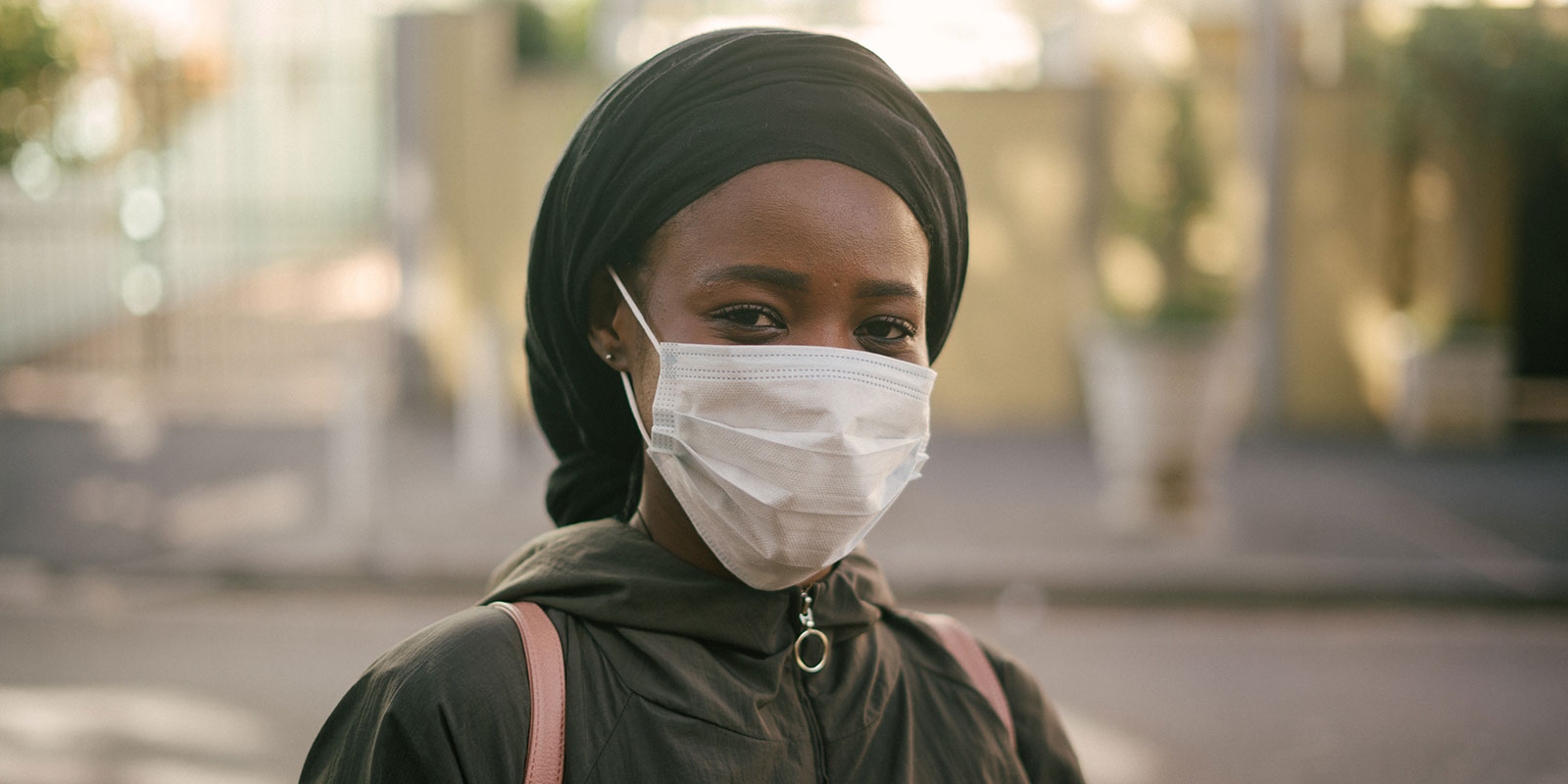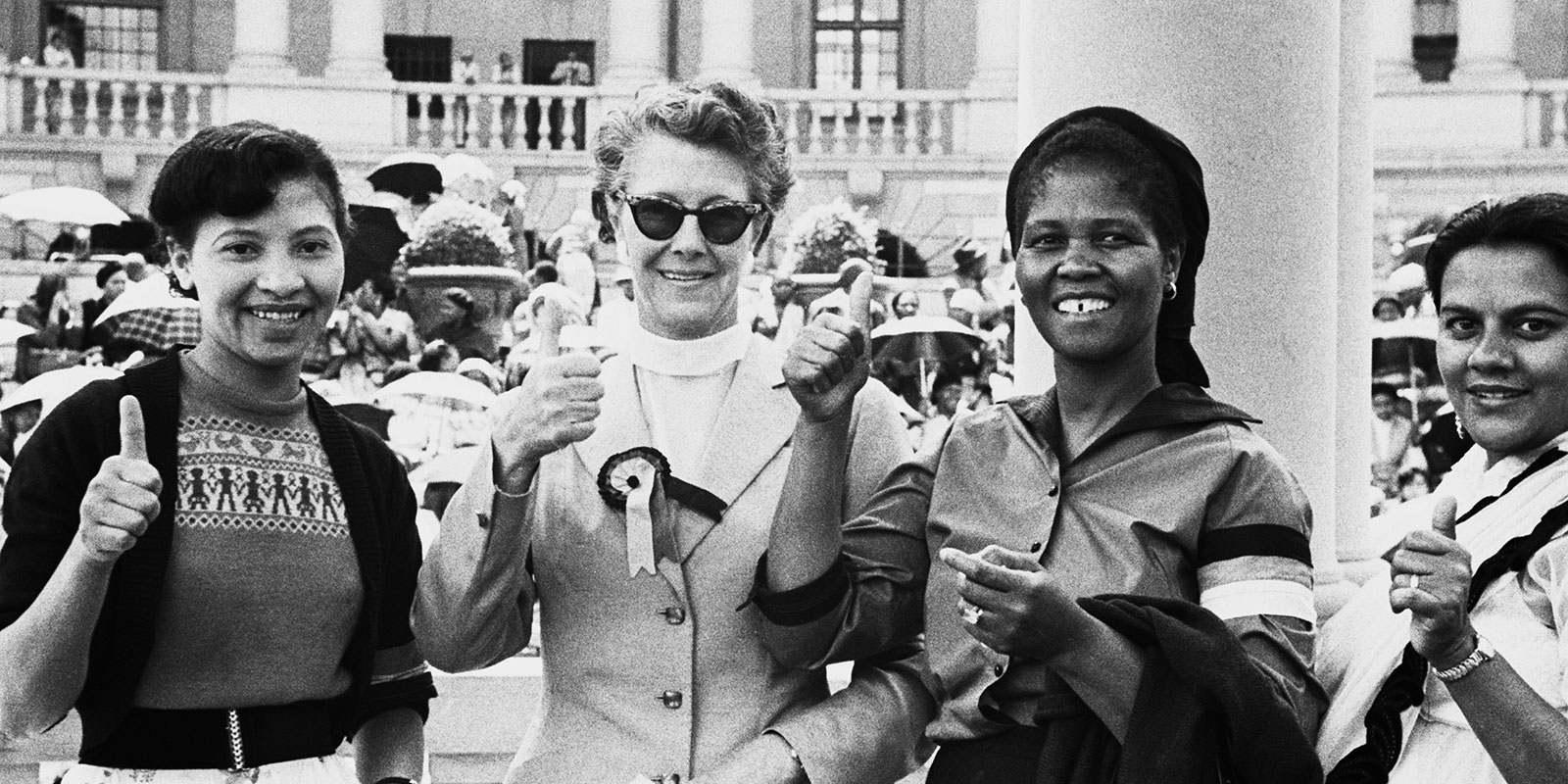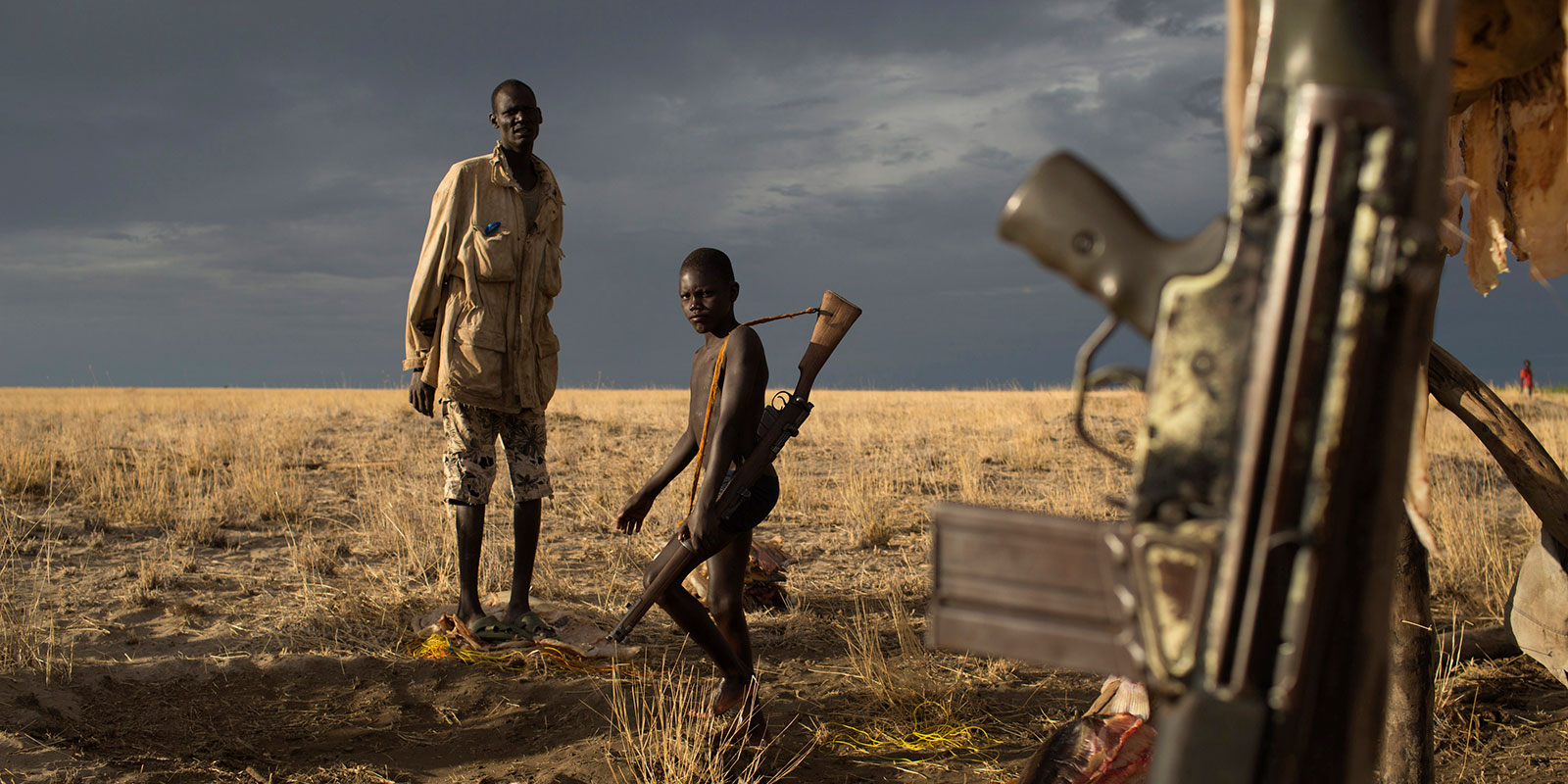This week’s Monitor features an open letter by Graça Machel, Ngozi Okonjo-Iweala, Vera Songwe and Maria Ramos, which appeals to world leaders to see the unprecedented crisis presented by coronavirus (COVID-19) as a unique opportunity for concerted action. Among other things, the letter urges the global community to focus not only on the immediate pressing needs, but also to take a longer-term approach aimed at placing women at the centre and also at transforming the structural and systematic barriers that continue to sustain and reinforce inequality.
In the context of the commemoration of Women’s Day in South Africa (celebrated on 09 August), Sophia Theresa Williams-de Bruyn, the only surviving leader of the 1956 Women’s March to the Union Buildings, appeals for an intergenerational effort that focuses on advancing the economic emancipation of women in society. Alice Wairimu Nderitu argues that the call to cease all hostilities during COVID-19 must be implemented, as she reflects on collective initiatives by women at local levels to advocate conflict prevention.
We end this week’s Monitor with Liv Tørres’ reflections on the triple challenges of health, socio-economic and political issues that are coalescing to present medium- to long-term challenges in Africa that must be addressed.

